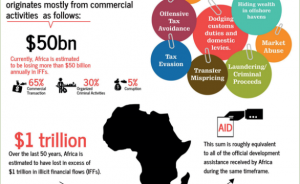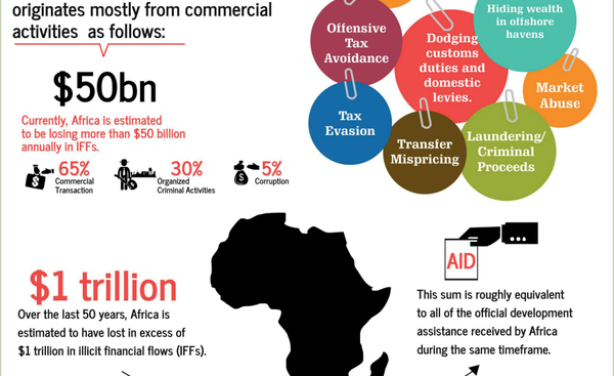The current tendency of influential perception-based measures and indicators–i.e. Corruption Perceptions Index, World Governance Indicators, Ibrahim Index of African Governance and Afrobarometer, etc–in measuring corruption in Africa “is to focus on individuals’ perception of the extent of corruption,” explains Carlos Lopes, executive secretary of the Economic Commission for Africa (ECA) in his preface to the new Economic Commission for Africa Report dedicated to Corruption. The focus to “name and shame African countries” overlooks the continent’s rapid integration into global markets” and with it increased susceptibility “to global trends, including corrupt practices by multinational corporations and other vested external interests.” Corruption in Africa needs to be addressed “in its totality,” argues Mr Lopes. “African countries and partners,” Mr. Lopes cautions, “should move away from pure perception-based measures of corruption and focus on alternative approaches that are fact-based and built on more objective quantitative criteria and include the international dimensions of corruption.”

“In my view, African countries and partners should move away from pure perception-based measures of corruption and focus on alternative approaches, which are fact-based and built on more objective quantitative criteria and include the international dimensions of corruption… it is necessary to ensure that perception-based methods are better anchored on more transparent and representative surveys. These measurements should also be complemented, where possible, with quantitative country/case-specific indicators to produce more sophisticated and useful assessments. Instead of “naming and shaming” the culprits on the basis of some perceived levels, it is necessary to deeply reflect on the problems of measuring corruption in Africa, with special attention to the roles of international players” – Carlos Lopes, Executive Secretary UN Economic Commission for Africa.

